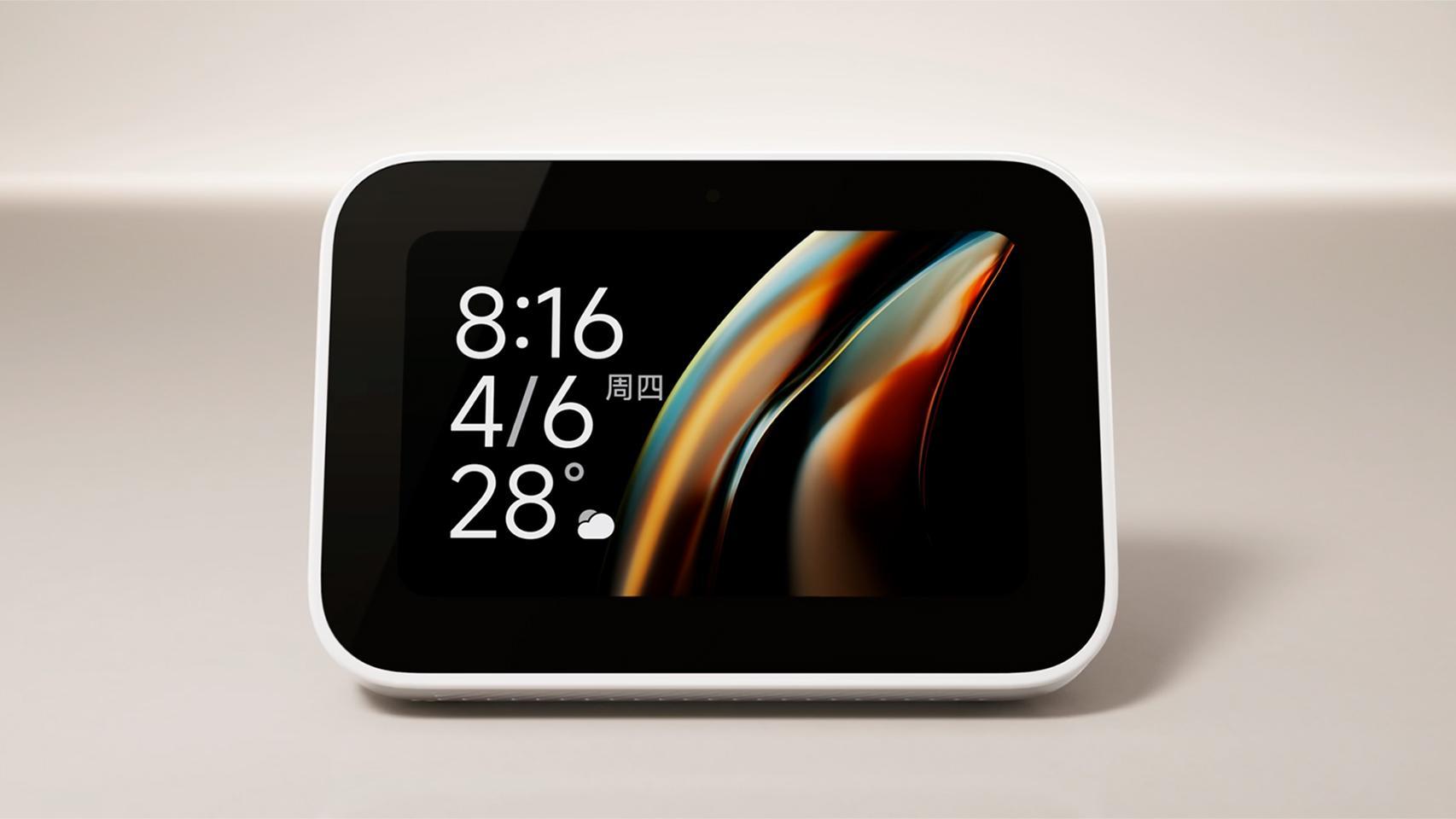The arrival of new generative Artificial Intelligence systems such as ChatGPT has generated new fears in the industry, and not necessarily related to killer robots. There is a real fear that AI could take away jobs that were previously done by people, and now IBM has confirmed that the fear is real.
IBM is betting on AI, not humans
Although the name IBM was once synonymous with “personal computer”, the company has been unknown to the average user for decades. It’s not that it’s gone, far from it, and it continues to be one of the most important tech companies in the industry; it’s just that after selling its personal computer division to Lenovo in 2005, it focused solely on server, supercomputer, and cloud development.
In these areas, IBM has been so successful that it now has one of the largest workforces on the planet, numbering nearly 300,000 people; a figure which is now undergoing a significant drop.
Arvind Krishna, CEO of IBM.
IBM CEO Arvind Krishna used a Bloomberg interview to announce a controversial move at the tech giant, a pause in hiring new employees that affects 26,000 positions, all linked to internal departments such as human resources.
The change announced by Krishna not only means that there will be no more job creation, but that the company will also reduce its workforce, since 30% of these employees will effectively be replaced by Artificial Intelligence within five years.
Perhaps aware of the bad image this announcement gives, Krishna was quick to clarify that none of the positions concerned are related to customer service or product development; and it presents the change more as an “automation” of internal processes that have hitherto been the responsibility of an employee. The examples you gave include sending letters or moving employees between departments.
However, this shift could open the doors to greater use of AI as a substitute for human employees, and ironically IBM itself warned against such moves more than 40 years ago.
IBM’s message went viral
In a 1979 company presentation to executives and managers, a slide displayed the message “A computer can never be held responsible. Therefore, a computer should never make an administrative decision.”. It’s a message that went viral a few years ago, but it was just as important in the late 70s as it is today. And it is that the conversation about the replacement of humans by computers is precisely new; the key is whether the industry has learned anything after so many years of discussion.
You may be interested
Follow the topics that interest you










